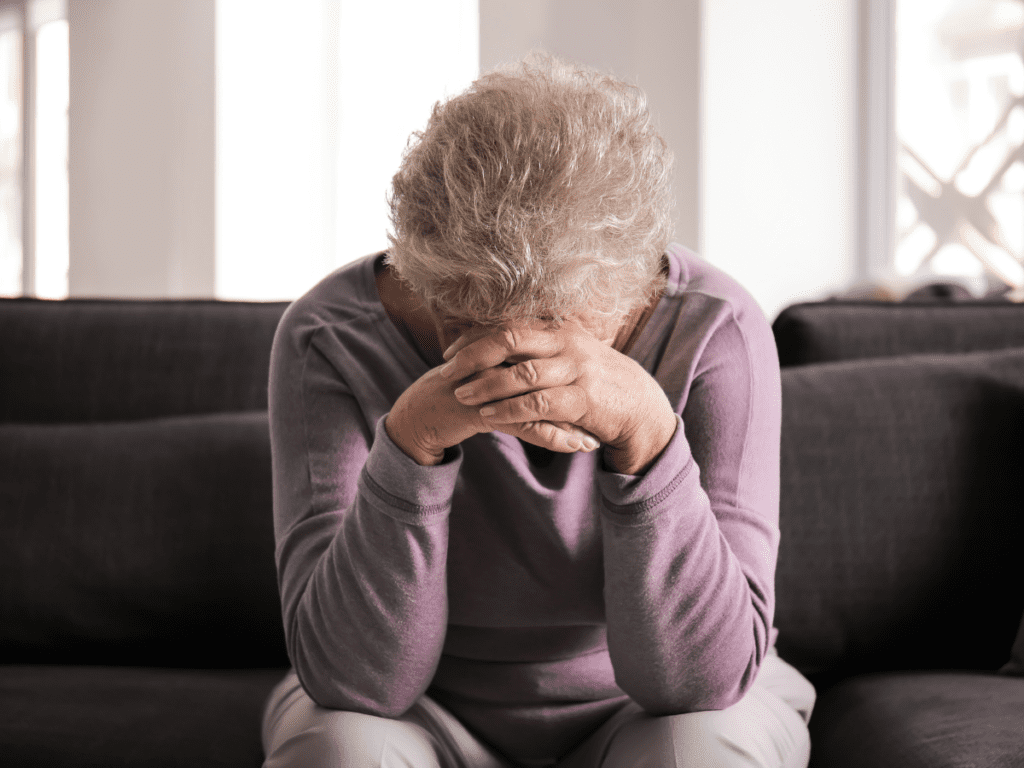How To Tell If the Nursing Home Is Abusing Your Loved One

Caring for our elderly loved ones is a priority, and ensuring their well-being in a nursing home setting is crucial. Unfortunately, nursing home abuse is a disturbing reality that requires vigilance and awareness. Being vigilant about nursing home abuse is imperative to safeguarding the well-being and rights of elderly residents. It plays a pivotal role in preventing abuse, promoting accountability, and fostering a culture of care and respect within long-term care facilities.
Understanding Nursing Home Abuse
Nursing home abuse refers to the intentional infliction of harm, neglect, or mistreatment of elderly residents in long-term care facilities. This type of abuse can take various forms and may involve physical, emotional, financial, or medical neglect, as well as exploitation. It is a serious violation of the trust and duty of care owed to vulnerable individuals who rely on these facilities for their well-being.
Signs of Physical Abuse
Physical abuse in nursing homes refers to the intentional use of force or violence that causes harm or injury to elderly residents. This type of abuse can take various forms and may involve actions such as hitting, slapping, pushing, shaking, or restraining a resident inappropriately. It is a serious violation of trust and can have severe consequences for the physical and emotional well-being of the elderly individuals under the care of the facility.
Signs of physical abuse in nursing homes include:
- Changes in behavior or mood: Abrupt changes in emotional well-being
- Fear or discomfort around specific staff members: A telltale sign of potential mistreatment
- Sudden weight loss or malnutrition: Indicative of neglect or improper care
- Unexplained bruises, cuts, or fractures: Apparent injuries that cannot be explained by ordinary expected causes
Signs of Emotional Abuse
Emotional abuse in nursing homes involves the infliction of psychological or emotional harm to elderly residents. This form of abuse is characterized by intentional actions or behaviors that cause distress, fear, anxiety, or anguish, negatively impacting the mental and emotional well-being of vulnerable individuals under the care of a nursing facility. Emotional abuse can take various forms and may involve verbal, non-verbal, or psychological mistreatment.
Signs of emotional abuse in nursing homes include:
- Unexplained withdrawal: Isolation from friends and family
- Unusual sleeping patterns: Disturbed sleep due to emotional distress
- Emotional distress, depression, or anxiety: Visible signs of psychological suffering
- Fearful or anxious behavior: Exhibiting fear in the presence of certain individuals
Signs of Financial Abuse
Financial abuse in nursing homes involves the improper or unauthorized use of an elderly resident’s financial resources for the benefit of another individual, typically at the expense of the resident’s well-being. This form of abuse is characterized by actions or behaviors that exploit the resident’s financial assets, property, or resources, often leaving them in a vulnerable and compromised state.
Signs of financial abuse in nursing homes include:
- Missing belongings or valuables: Potential theft or exploitation
- Sudden and unusual changes to legal documents: Manipulation of wills, power of attorney, or other legal papers
- Sudden changes in the resident’s financial situation: Altered financial circumstances without proper explanation
- Unusual account activity: Unauthorized financial transactions
Signs of Neglect
Neglect in nursing homes refers to the failure to provide adequate care, attention, and assistance to residents, resulting in harm or the risk of harm to their health and well-being. It can manifest in various forms, including physical, emotional, or medical neglect, and it is a serious violation of the duty of care owed to residents in long-term care facilities.
Signs of neglect in nursing homes include:
- Signs of inadequate care: Physical manifestations of neglect
- Dehydration or Malnutrition: Signs of inadequate nutrition or hydration
- Poor personal hygiene and unsanitary living conditions: Indications of inadequate care
- Untreated medical conditions or lack of medical attention: Neglecting health needs
Taking Action Against Suspected Abuse in Santa Ana
If you observe any signs of abuse, make sure to document and report your findings. Contact the appropriate authorities and take immediate action to ensure the safety of your loved one. Victims of nursing home abuse have legal options to pursue justice. Consulting with a Santa Ana personal injury lawyer who specializes in nursing home abuse is essential. Your attorney can guide you through the legal process and help you seek compensation for the harm caused to your loved one.
Contact HN Injury Lawyers—We’re Here for You
By being aware of the signs of abuse and taking prompt steps to report and address them, we can work together to protect your loved one.
If you suspect neglect, abuse, or any harm to your loved one while in a nursing home, don’t hesitate to contact us at HN Injury Lawyers. Our Santa Ana nursing home abuse attorneys are here to provide the dedicated support and guidance you need while making sure you and your loved one’s rights are protected.
Give us a call at (657) 333-5726 to schedule a free consultation today. We’re here to help.
5 stars (60 Reviews)
5 stars (82 Reviews)